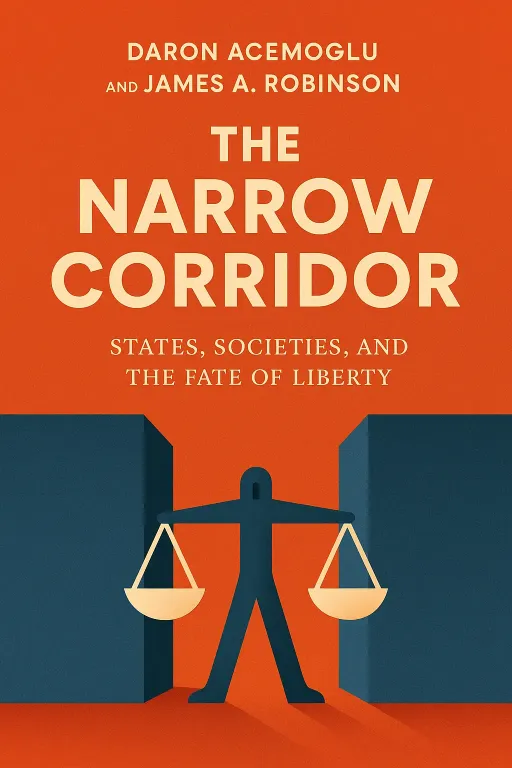
The Narrow Corridor
Daron Acemoglu
A compelling exploration of liberty, examining how and why societies achieve or fail to achieve it, and the consequences for prosperity. The book argues that liberty emerges and flourishes when both state and society are strong, existing in a narrow corridor between despotism and anarchy. It delves into historical examples and theoretical frameworks to understand the delicate balance required for a free and thriving society.
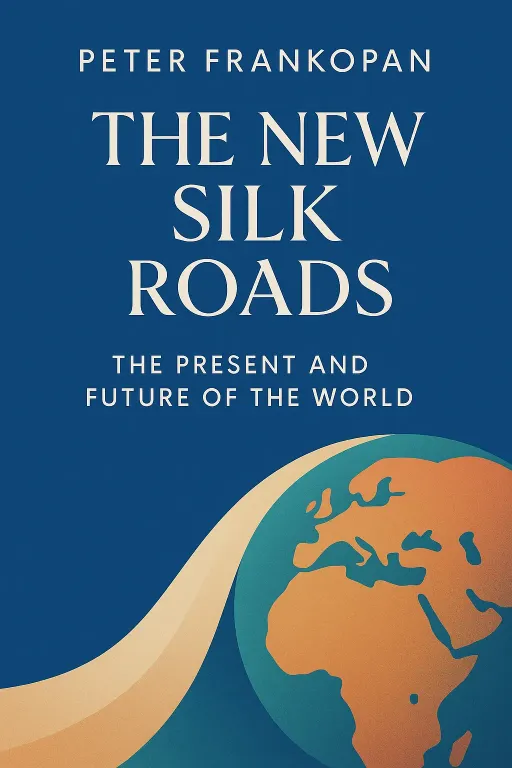
The New Silk Roads
Peter Frankopan
A timely exploration of the growing importance of the Silk Roads region in the 21st century. Peter Frankopan examines the political, economic, and social shifts occurring across Asia and their impact on the rest of the world. He highlights the increasing influence of countries like China, Russia, and Iran, and analyzes the challenges and opportunities presented by this new world order.
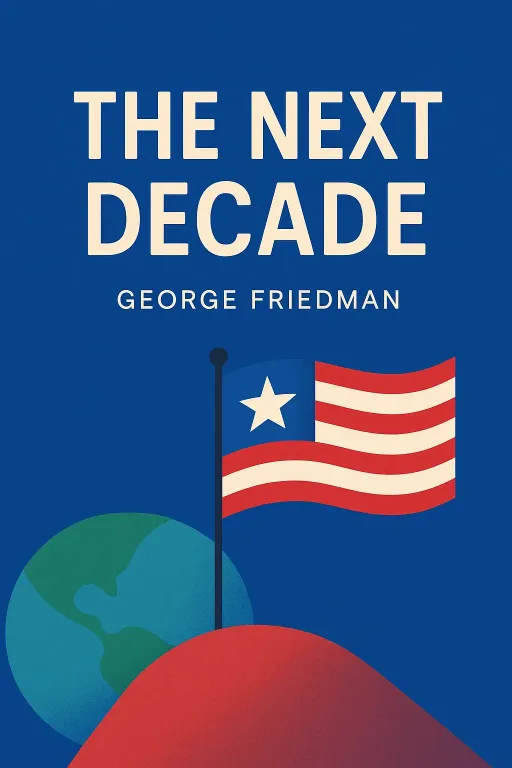
The Next Decade
George Friedman
In 'The Next Decade,' George Friedman analyzes the intricate relationships between empire, republic, and power, focusing on the United States' role in the coming years. He explores the challenges and opportunities facing America, including surprise alliances, unexpected tensions, and economic shifts, and how the American president's decisions will shape the health of the republic. This book offers a compelling forecast and policy discussion, inviting readers to consider the balance between power and justice in a rapidly changing world.
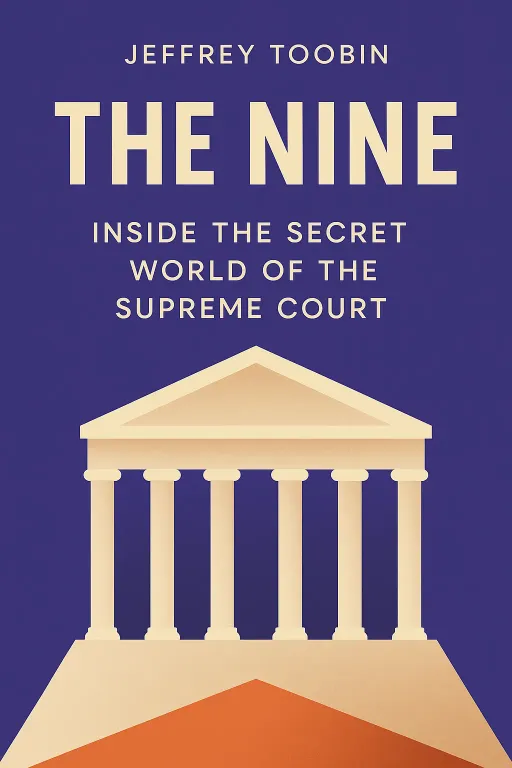
The Nine
Jeffrey Toobin
Jeffrey Toobin takes you into the chambers of the Supreme Court, revealing the complex dynamic among the nine people who decide the law of the land. This book tells the story of the Court through personalities and reveals an institution at a moment of transition.
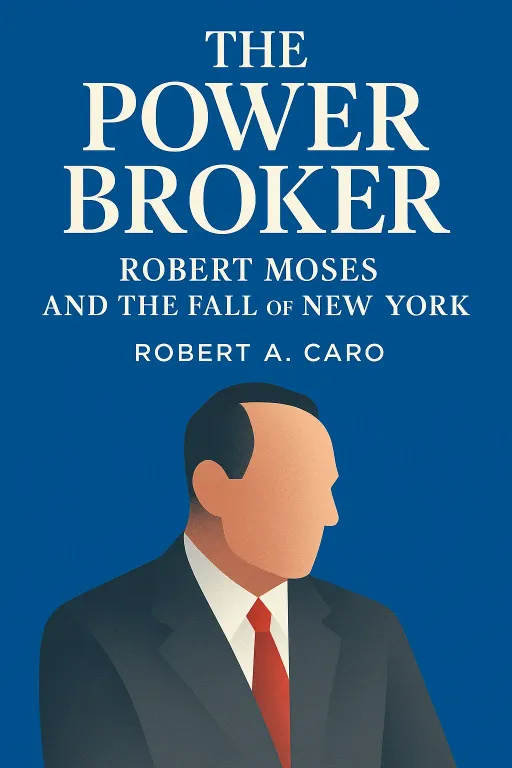
The Power Broker
Robert A. Caro
A Pulitzer Prize-winning biography of Robert Moses, the master builder who shaped New York City and its surrounding areas. This book delves into the life and career of Moses, exploring his rise to power, his methods, and the lasting impact of his projects on the city's landscape and society.
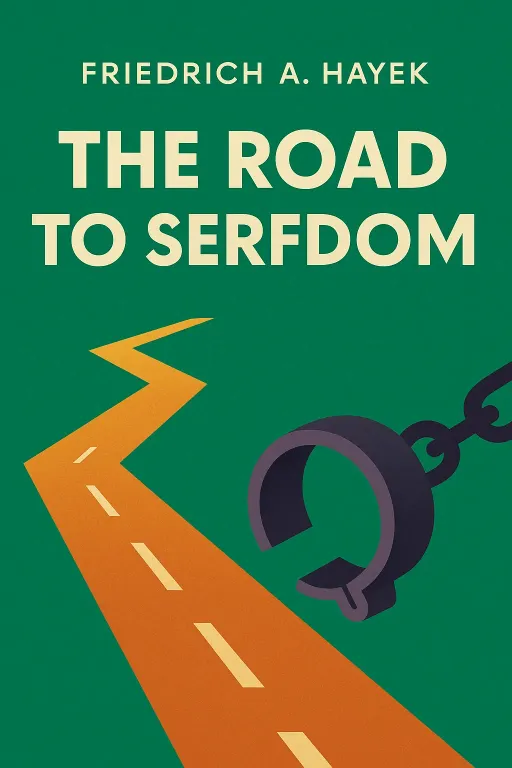
The Road to Serfdom
Friedrich A. Hayek
A classic warning against the dangers to freedom inherent in social planning, "The Road to Serfdom" is a thought-provoking analysis of the unintended consequences of government control and the threat it poses to individual liberty. Explore the ideas that shaped the 20th century and continue to resonate today.
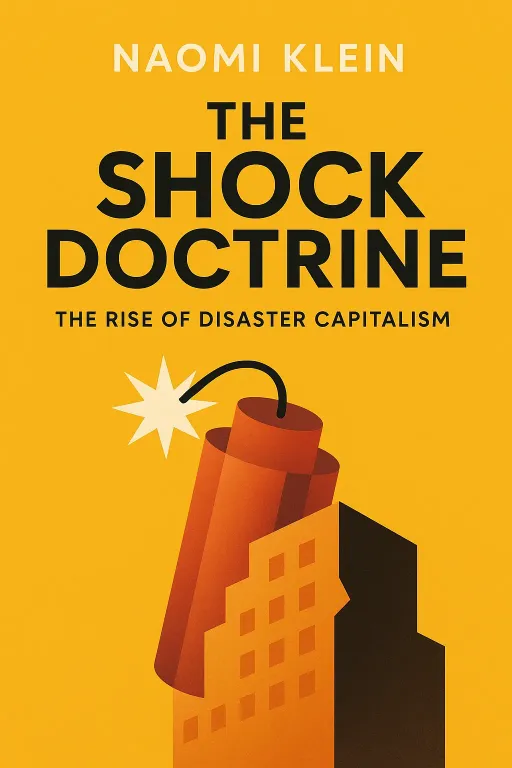
The Shock Doctrine
Naomi Klein
In The Shock Doctrine, Naomi Klein argues that powerful forces exploit moments of collective trauma—wars, terrorist attacks, and natural disasters—to implement radical free-market policies. Exposing the dark side of globalization, Klein reveals how disaster capitalism reshapes societies in the wake of crises, often with devastating consequences.
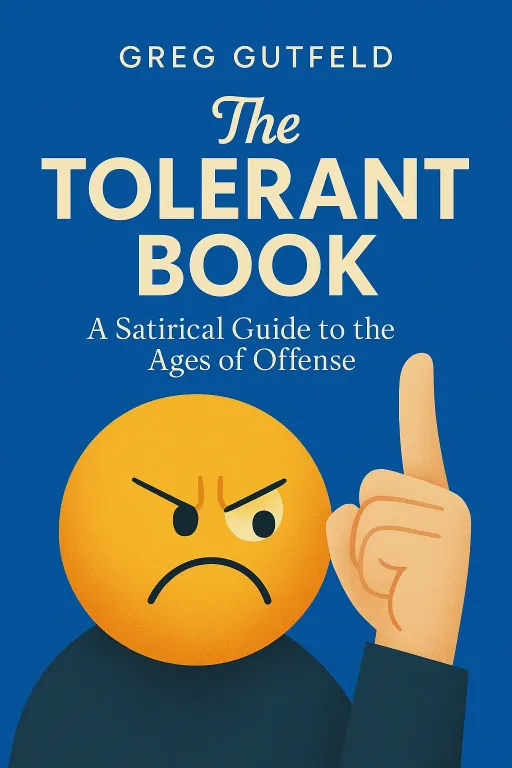
The Tolerant Book
Greg Gutfeld
In "The Tolerant Book," Greg Gutfeld skewers the culture of outrage and the excesses of modern tolerance with his signature wit and irreverence. From political correctness to media hypocrisy, no sacred cow is safe from Gutfeld's sharp and hilarious observations. Get ready to laugh, cringe, and question everything you thought you knew about tolerance in today's society.